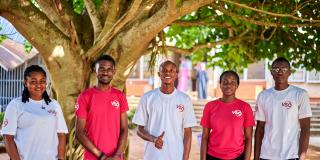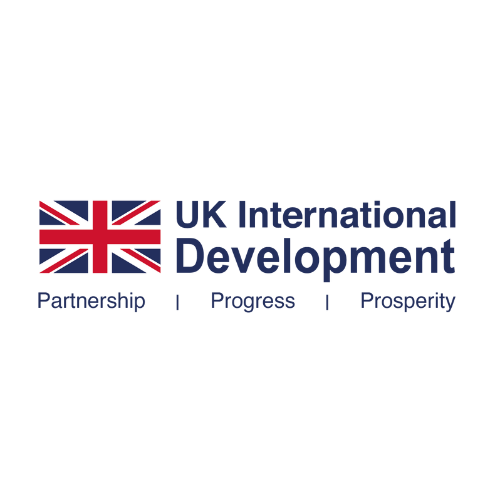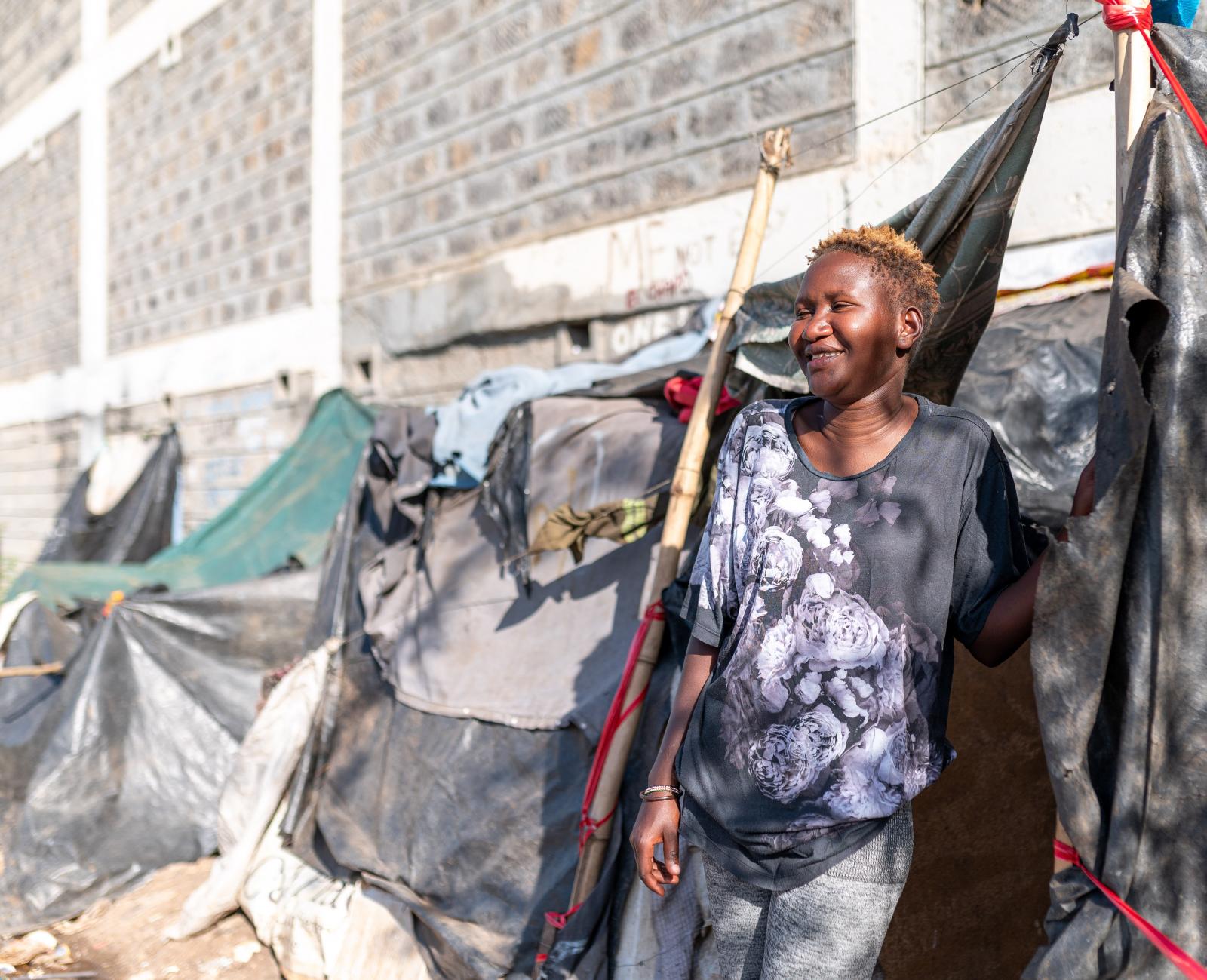
This blog was first published on the Bond website.
For decades, the Global South has been predominantly populated by young people, yet their voices and perspectives have often been overlooked in development discussions and initiatives.
They simply can’t get a seat at the table – or even an invite to the party for that matter. In November 2022, the world’s population reached a staggering eight billion, with young people aged 15 to 24 estimated to represent 16% of this figure. This demographic is set to grow even further, with 1.3 billion young people projected to inhabit our planet by 2030. To achieve the 2030 Agenda for Sustainable Development, it is paramount that we invest in young people and their ability to effect change.
Recognising the immense potential that young people have, VSO has been harnessing the power of youth volunteering for over 60 years and engaging youth actively in programming and leadership work. This has meant engaging youth as agents of change and integrating their priorities and needs in the development journey.
Understanding the power of youth
Young people have been seen as passive recipients of aid and policies for too long, rather than active contributors to the development agenda. This is an approach that must change if we want to ensure social and economic progress across the Global South.
An effective youth engagement approach is not tokenistic. Meaningful youth engagement stems from enabling young people to identify their aspirations and working with them to create an environment that will bring their vision of the future to life.
There is a disproportionate power balance in many nations across the world, but young people have an important role to play and must be involved in decision-making processes at all levels. They bridge the gap between young and old by implementing much-needed collaboration opportunities locally.
Between 2011 and 2020, VSO worked with over 40,000 young people on its international youth-led programme in partnership with the UK government. The International Citizen Service programme brought together volunteers from both the Global North and the Global South, who contributed towards sustainable change and worked alongside community members in some of the world’s most marginalised areas. Their impact did not go unnoticed, and 92% of the partners involved in these projects stated that their organisation was better able to bring about positive change because of youth involvement.
VSO continues to centre youth at the heart of its programming and leadership work. It has established and strengthened youth networks across 17 countries consisting of over 5,000 young people. These young people have become local, regional, national, and global champions, advocating and campaigning on issues that are important to them and their communities.
Identifying issues and pioneering solutions
The power of youth cannot be underestimated. They bring fresh perspectives, innovative ideas, and a deep understanding of the issues that directly affect their communities. By involving them in the design, implementation, and evaluation of development projects, we can ensure that solutions are contextually relevant and more likely to succeed. VSO youth champions from Ethiopia and Cambodia have been instrumental in the design and implementation of youth volunteering programmes in collaboration with the government.
Lukas MulatuBeyond serving our community, we have been seen as role models and showed the local government how volunteering plays a key role in development efforts, as well as during emergencies.
VSO Youth Champion from Ethiopia
Globally, we must begin empowering young people to take ownership of their future. By creating an enabling environment for youth, building their capacity on areas that they prioritise and engaging them as equal partners, we can harness their potential as change agents in development. This is the mindset we all must have when it comes to engaging youth in a way that can create sustainable change.
In a series of recent VSO social media livestreams, we were also inspired by the impact young people have contributed to when it comes to climate awareness, resilience and justice. These passionate youth collectives have become a driving force in their communities, paving the way for positive change, from influencing national food policies to championing the creation of green jobs.
Alfonse OdipoSo far through the UK government-funded ACTIVE programme, we’ve built the capacity of youth very well. They can engage meaningfully in policy development and implementation, and champion the involvement of young people in the decision and planning committees within their county. Kilifi County recently signed into law a County Climate Change Act that the young people of Kilifi were very much involved in the development. Right now, there’s another policy that the young people of Kilifi are currently taking part in which is the National Climate Change Action Plan.
Climate Change Adaptation Adviser from Kenya

In the Philippines, VSO volunteers are contributing to climate change adaptation and mitigation by mobilising community members to protect the ecosystem and helping them secure an alternative livelihood through eco-tourism. To restore the ecosystem, around 15,000 hectares of mangrove have been replanted, providing more space for fish to lay their eggs, and benefiting over 100,000 fisherfolk.
Young people are also influencing change in norms, practices and policies. In Tanzania, VSO’s National Youth Engagement Network (NYEN) has been advocating for youth-friendly and responsive sexual reproductive health services by raising awareness among over 15,000 adolescent boys, girls, and community members including parents and caregivers. They’ve also worked with healthcare professionals and key stakeholders to change the adverse perceptions towards young people who seek sexual health services.
These examples stand as a testament to youth leadership in development. When given the platform and support, youth can drive meaningful and sustainable change, enriching their communities and the world at large. Their passion, energy, and fresh ideas are powerful catalysts for progress and provide hope for a more resilient and just future.

Support us with a donation
Read more

A ripple of change: how VSO volunteers are transforming communities
Every act of volunteering begins with a choice — a decision to act out of a desire to make a difference. Across the world, VSO volunteers are proving that one spark of action can ignite something much bigger.

The two volunteers empowering girls and young women in Mozambique
Nelma and Carmirene and are two volunteers working on VSO's EAGLE project in Mozambique. For Nelma and Carmirene, education is not just about school, it is about meeting people where they are and using the right tools to challenging harmful norms. Here are their stories.
Opening doors to safety, education, and a brighter future
For girls in Karamoja, the poorest region in Uganda, being forced into early motherhood is all too common. This Christmas, you can open the doors to Safety, Education, and a Brighter Future.
